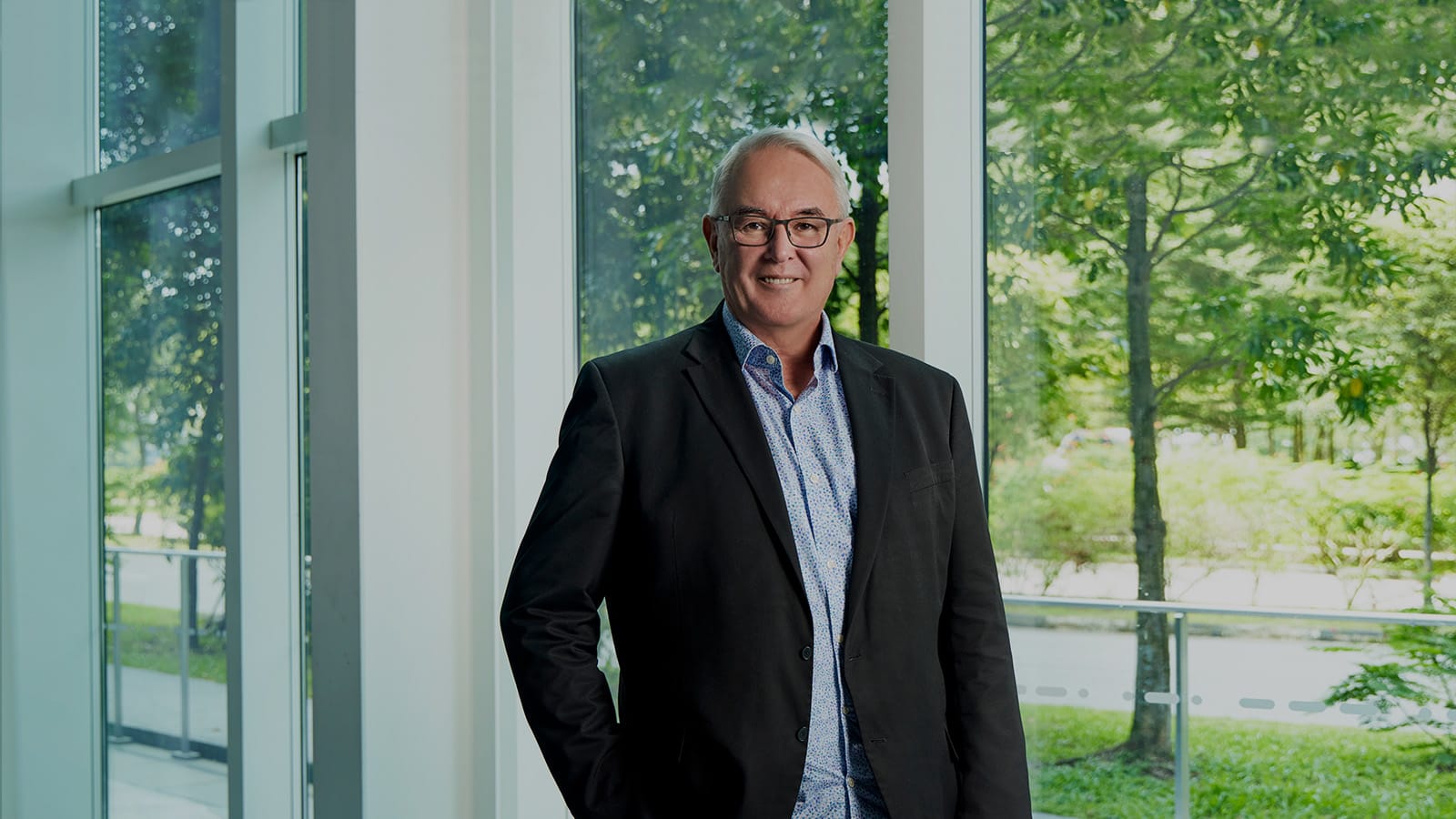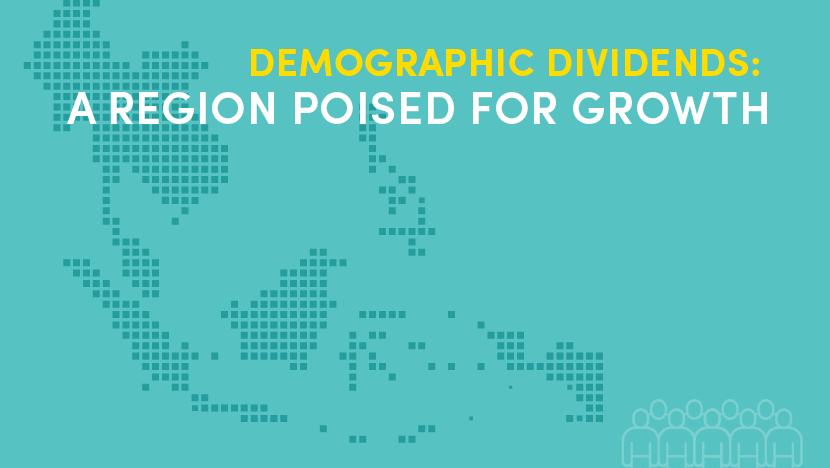
THE BIG SPARK:
SHINING A SPOTLIGHT
ON SOUTHEAST ASIA’S
BUDDING START-UPS
The Big Spark
Airbnb was born when two broke housemates in San Francisco decided to rent out space in their loft, capitalising on the need for temporary accommodation from attendees of a nearby design conference. The idea for Dropbox came to life in a similarly mundane setting: an inter-city bus between Boston and New York, as its founder grappled with the difficulty of accessing his files across different devices.
What these founders share is their drive to turn everyday frustrations into viable products that have since revolutionised the way we live, work and play.
These fairytale endings aren’t however confined to faraway places. English TV producer Jonathan Glazier sees Southeast Asia as rich with such stories of entrepreneurship – ordinary individuals transforming inconveniences into opportunities instead of accepting them.
These are the adventures that Mr Glazier and the CNA team seek to highlight in The Big Spark, an upcoming business reality show where contestants pitch for part of S$1 million in seed funding. Set to premiere on CNA in February, the show will spotlight the exceptional entrepreneurial talent in Singapore and throughout Southeast Asia.
“We want to get to the heart of their idea, how they might have come up with it as they drove a taxi or funded their way through university,” explained Mr Glazier, who’s known for producing megahits like Asia’s Got Talent. “They will explain to viewers where the idea came from and how it came to them – even if it’s an idea to improve a family business.”
Mr Glazier believes that The Big Spark’s distinctive appeal lies in its Southeast Asian roots. This is especially significant, given the region’s economic interconnectivity. According to the ASEAN Investment Report 2022, out of the 100 most-funded start-ups in ASEAN in 2022, 42 have a presence in at least one other member country, with many operating in two or more locations across the region.


Another unique aspect of the series is its focus on the personal stories of the contestants. “We’re going to take both the viewer and contestant on a journey,” said Mr Glazier. “If you remember the audition days of Asia’s Got Talent, contestants were presented just as they were – no fancy lights, no costumes. But over time, we built them into stars with the right training and support. That’s precisely what we’re going to do with The Big Spark.”

PITCH PERFECT: FROM CONCEPT TO REALITY
The series will kick off with an elevator pitch, challenging contestants to articulate the value of their ideas within two minutes. A subsequent mentoring session will then provide constructive feedback on their proposals, presentations and even the name of their idea. “We want to be honest with them so they can get a leg up,” Mr Glazier said.
As the series goes on, contestants will be progressively eliminated, culminating in the final competitors presenting their business plans to a panel of venture capitalists (VCs), who will collectively invest seed money into the viable companies. “By the final episode, when they get in front of the VCs, we hope that all the mentoring and criticism will turn these contestants into the best they can be. Hopefully, they can score a pitch and get the money,” shared Mr Glazier.
Yet, the journey doesn’t end with the show. Participants may find that the exposure leads to additional funding opportunities, he said.


WHY IT’S OKAY TO FAIL
Mr Glazier thinks the show will do more than discover Southeast Asia’s hottest entrepreneurial talent. It also aims to change how we perceive failure. The apprehension around failure and not fulfilling expectations looms large over Singaporeans from an early age. In a 2019 OECD report, 72 per cent of Singaporean students expressed a fear of failure.
But as Mr Glazier puts it, failure is an inevitable part of life, whether you’re an entrepreneur or not. “You might go to school and study science, but you might pivot to a new career,” he remarked, a twinkle in his eye. He might be drawing on his own transition from studying physics at university to becoming a creative producer in television. “It goes to show that you can pivot, according to your general skill set,” he said. “I hope The Big Spark shows that and, particularly in this region, that failure is not something to be afraid of. It happens – and the people who do best are the ones who get up afterwards, dust themselves off and carry on.”









